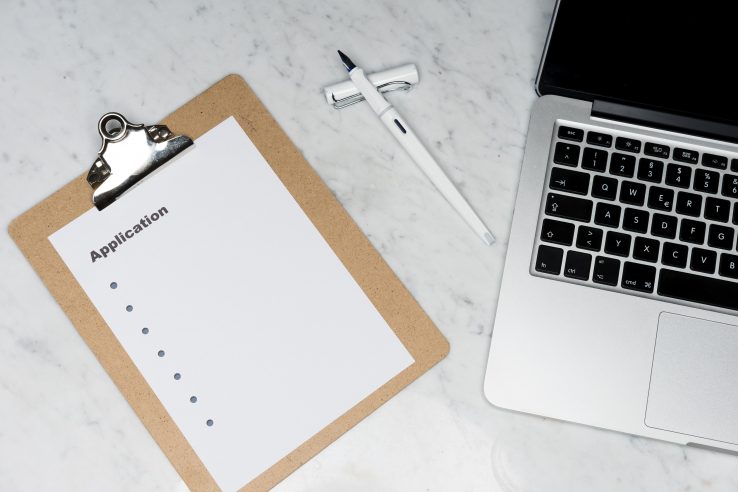A Guide on Applying to University
21 November 2023
Applying to university can be a confusing and overwhelming process. Choosing the right course and writing personal statements, can be a challenge. This blog aims to help give you the tools to demystify the university application process and get you started on your higher education journey.
Visiting Universities on Open Days
University open days are a great insight into course options, campus and university life in general. By attending open days, you can get the feel of a university, meet academics and support staff and even visit some halls of residence. Although you may not always be able to make it to campus, you can also take virtual tours and attend webinars designed for prospective students.
You can sign up for emails for undergraduate Open Day updates here.
Attending fairs and conventions

In your research for what degree is right for you, attending various fairs and conventions can help keep you informed on your options. Discover your options in your closest town by attending the UCAS discovery fair to talk to universities, employers and experts as well as finding out what support UCAS can offer you with your application. To book a fair in your local city, check out the UCAS website.
Visit here to find out about Cardiff University’s attendance at fairs and exhibitions.
Choosing your subject
Choosing your course can be one of the most daunting and challenging choices before applying to university. This decision is essential before beginning your UCAS application and tailoring your application and personal statement to your specific course. Begin with considering which courses that you enjoy at college and looking at similar university courses. Then, compare the modules available to study on the course and career prospects to see what interests you most.
You can find advice with choosing your course on Prospects.
Applying through UCAS
Once you’ve made your choice of course you can begin your application. This is completed through UCAS and costs £27.50 for 2024 entry. This allows you to apply for up to five courses, at up to five different institutions (you can apply to different courses at the same institution.
For more information on the application process through UCAS, visit here.
Personal statement
As part of your UCAS application, you will need to write a 4,000-character personal statement. This involves demonstrating your aims and ambitions inspiring you to apply to your chosen course and the skills and experience that you have that make you an appropriate applicant. You can also include things such as supplementary reading or an experience that you may have had that motivates your desire to study something in particular.
Tips: be straight to the point, don’t be afraid to show character and bring it back to your interest and enthusiasm for the course that you’re applying for.
Visit UCAS for more information on writing an undergraduate personal statement.
Wait for your offers and accepting offers
After submitting your final UCAS application, you wait for your responses which you should receive in an email by the relevant universities. This can take from a couple of days to a few months, depending on the university. It can be a stressful wait but use this time to do more research, consider your options and be prepared for back up options. Once you’ve receive all of your offers (they could be conditional, meaning subject to certain grades, or unconditional), it is time to choose. This is where you accept your first choice universities offer as well as a reserve choice. I would advice to be more ambitious with the first choice and more realistic with your reserve.
Prepare for results day
After accepting your offers, all that is left is to finish up the year to the best of your ability and wait for results day. This gives you more time to prepare for moving to your chosen university (perhaps even applying to accommodation) and still be aware of other options such as clearing, working or a gap year. Remember, if you have a conditional offer, it is not set in stone until you have met those conditions on results day.
Finally, once you receive your results, you can choose what what you want to do. If you achieved your offers, you can choose your first or reserve choice university, alternatively, always be aware that clearing is an option. This is where you apply for courses with remaining spaces, you can find out more here. Once committing, you can look forwards to beginning university!